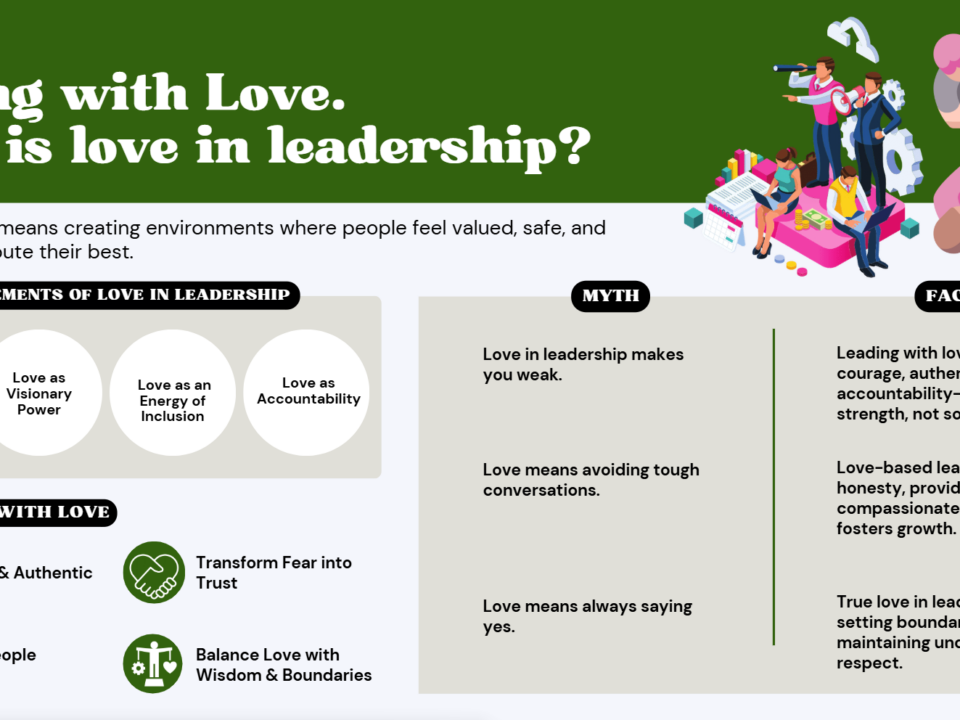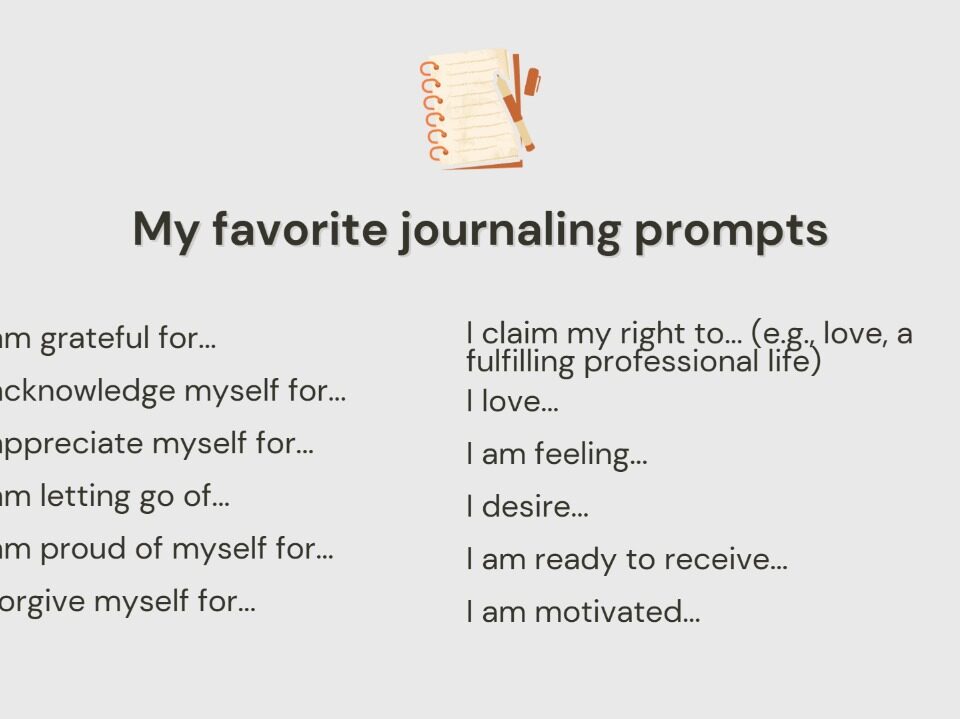
The Essential Role of Emotional Intelligence in Our Lives
April 24, 2024
The Powerful Connection Between Body Language and Mindset
June 10, 2024Language is more than just a means of communication; it is a powerful tool that shapes our reality, influences our emotions, and affects our physical well-being. Both the words we speak aloud and the internal dialogue we maintain have profound impacts on our brain, body, and overall emotional health. In this blog, we will explore how language influences us and why becoming self-aware of our inner and outer language is crucial for personal growth and well-being.
The Science Behind Language and the Brain
Neuroscience has shown that the words we use can alter the structure and function of our brains. Positive and negative words can stimulate different areas of the brain, leading to various emotional and physiological responses. For example:
Positive Language: Words of encouragement, gratitude, and affirmation can activate the brain’s reward centers, releasing neurotransmitters like dopamine and serotonin. These chemicals promote feelings of happiness, reduce stress, and enhance overall cognitive function.
Negative Language: Conversely, words of criticism, fear, and anger can trigger the brain’s threat response, leading to the release of stress hormones like cortisol. Chronic exposure to negative language can contribute to anxiety, depression, and even physical ailments like high blood pressure and weakened immune function.
The Impact on the Body
The language we use doesn’t just stay in our minds; it manifests in our bodies as well. Positive language can lead to improved physical health, while negative language can have detrimental effects. Here’s how:
Positive Self-Talk: Engaging in positive self-talk can boost our immune system, improve cardiovascular health, and enhance our ability to cope with stress. It can also lead to better sleep and increased energy levels.
Negative Self-Talk: On the other hand, negative self-talk can cause physical tension, headaches, and digestive issues. It can also weaken our immune response and make us more susceptible to illnesses.
Emotional Resonance of Words
Words are powerful emotional triggers. They can evoke memories, influence our mood, and shape our perceptions. The language we use to describe our experiences can either amplify our emotions or help us process and understand them. For example:
Empowering Language: Using empowering and compassionate language can help us navigate challenging situations with resilience and optimism. It encourages a growth mindset and fosters emotional stability.
Disempowering Language: Using disempowering and critical language can exacerbate feelings of helplessness and low self-esteem. It can trap us in a cycle of negative emotions and hinder our ability to move forward.
Inner Talk vs. Outer Language
The words we speak to ourselves (inner talk) are just as important, if not more so, than the words we speak to others (outer language). Our inner dialogue shapes our self-concept, influences our behavior, and affects how we interact with the world.
Inner Talk: Becoming self-aware of our inner talk is essential for personal growth. Positive inner talk can build self-confidence, enhance our ability to face challenges, and promote overall mental well-being. Negative inner talk, however, can limit our potential, create self-doubt, and contribute to mental health issues.
Outer Language: The way we communicate with others reflects our inner state and can influence our relationships and social interactions. Speaking with kindness, clarity, and empathy can build strong connections and create a supportive environment, while harsh or negative language can lead to conflict and misunderstandings.
Cultivating Self-Awareness
Becoming self-aware of the language we use, both internally and externally, is a crucial step towards harnessing the power of words for positive change. Here are some practices to help cultivate this awareness:
- Mindfulness Meditation: Engage in mindfulness meditation to observe your thoughts and inner dialogue without judgment. This practice can help you identify patterns of negative self-talk and replace them with positive affirmations.
- Journaling: Write down your thoughts and feelings regularly. Journaling can help you process emotions, identify negative language patterns, and consciously choose more empowering words.
- Affirmations: Create and repeat positive affirmations daily. Affirmations can rewire your brain to focus on strengths and possibilities rather than limitations.
- Conscious Communication: Practice conscious communication by choosing your words carefully and speaking with intention. Aim to use language that uplifts and inspires both yourself and others.
Conclusion
Language is a powerful force that shapes our reality, influences our emotions, and impacts our physical health. By becoming self-aware of the inner talk and outer language we use, we can harness the transformative power of words to create a more positive, healthy, and fulfilling life. Remember, the words you choose to speak to yourself and others have the power to shape your world—choose them wisely.




